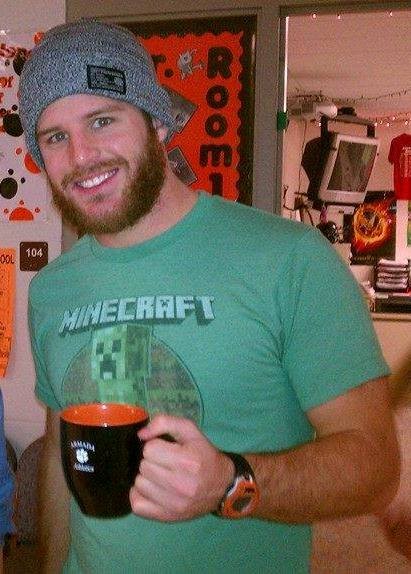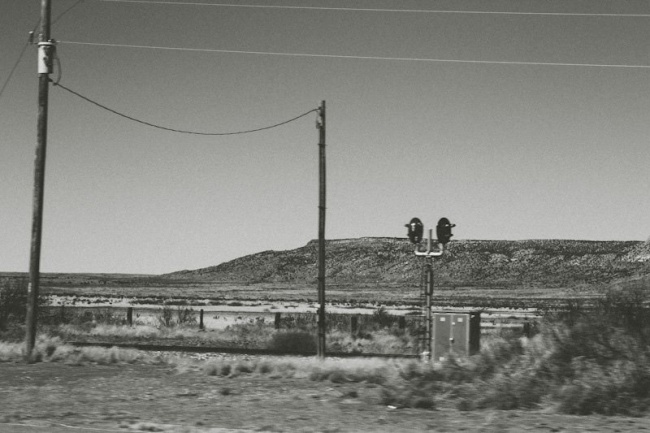He hated mud, especially the way it locked his boots in place. Each step took three times more energy as walking on pavement, which he thought horribly inefficient. Still the teenager trudged forth with soft sighs and mucky suction cups. He didn’t want to admit that his grandfather, although much older, seemed to glide through the trails on ice skates while he struggled. Sweat trickled onto his shirt sleeve as he wondered how many more times they would make the trek. “The old bastard can’t live forever,” he thought, out of jealousy more than spite–also while quietly gasping for elusive oxygen.
The two swam through smothering humidity, suitable for the high time of the year, which his grandfather almost always seemed to schedule instinctively. Resentment ran as thick as the atmosphere, but less than the swarms of mosquitoes. If he thought it would help, he would uncap his plastic bottle of Off bug spray and digest each and every drop. Years of experience, and hundreds of scratching scars, taught him the futility of escape. Like years past, he would watch in envy as each individual parasite veered evasively from his grandfather and attacked him instead. He became a master of the quick slap.
Not long into their hike, the air struck them with a dank and putrid smell. It consumed him the way the unfamiliar often does. Just off of the trail lay a whitetail, gutted innards resting in a pool of red. A small slab of pink hung from it’s mouth, it’s empty eyes staring daggers into the wood, and a puddle of blood sat on it’s head where the antlers were removed. The wounds were imprecise and sloppy–less the hands of a surgeon, but a child pulling dandelions in eager anticipation of his mother’s response. As he stared into the deer’s eyes, the smell disappeared and the playful sounds of nature stopped. Movement stopped, the world turned white. Loneliness swept over him, and he never felt younger.
He mustered focus and muttered a simple, “why?”
“Humans hate freedom. It eludes us in the day to day until days no longer come. We are guided by this hatred, digging our heels deeper into enslavement. Freedom is powerful, and we are not. Laws and bylaws and clauses and promissory notes and amendments are guised by safety. They’re not safe, they’re power mulchers, and when someone breaks the rules, it reminds us of how powerless we really are. Nature does not follow our rules. Lawyers cannot dictate terms to a pine, nor an owl. Their freedom is abundantly powerful, and it frustrates us to no end. They do not respect our reign. Each liberating breath is a reminder of what we have cease to be and will never be again. To fill our void, we reduce freedom to rubble–we take trophies that are chain links and locks made of flesh. We are lost.”
His grandfather stood weathered–a nail beaten sorely into steel. For the first time, he felt somehow sturdier and fresher than the old man, but mostly he felt uncomfortable. Death, although less intense than before, refilled his nose. Mud reappeared beneath his feet, surrounded by the woods and fading green. He pulled his lucky rabbits foot from his pocket, calming himself by shifting it in his hands, and left the deer behind.


